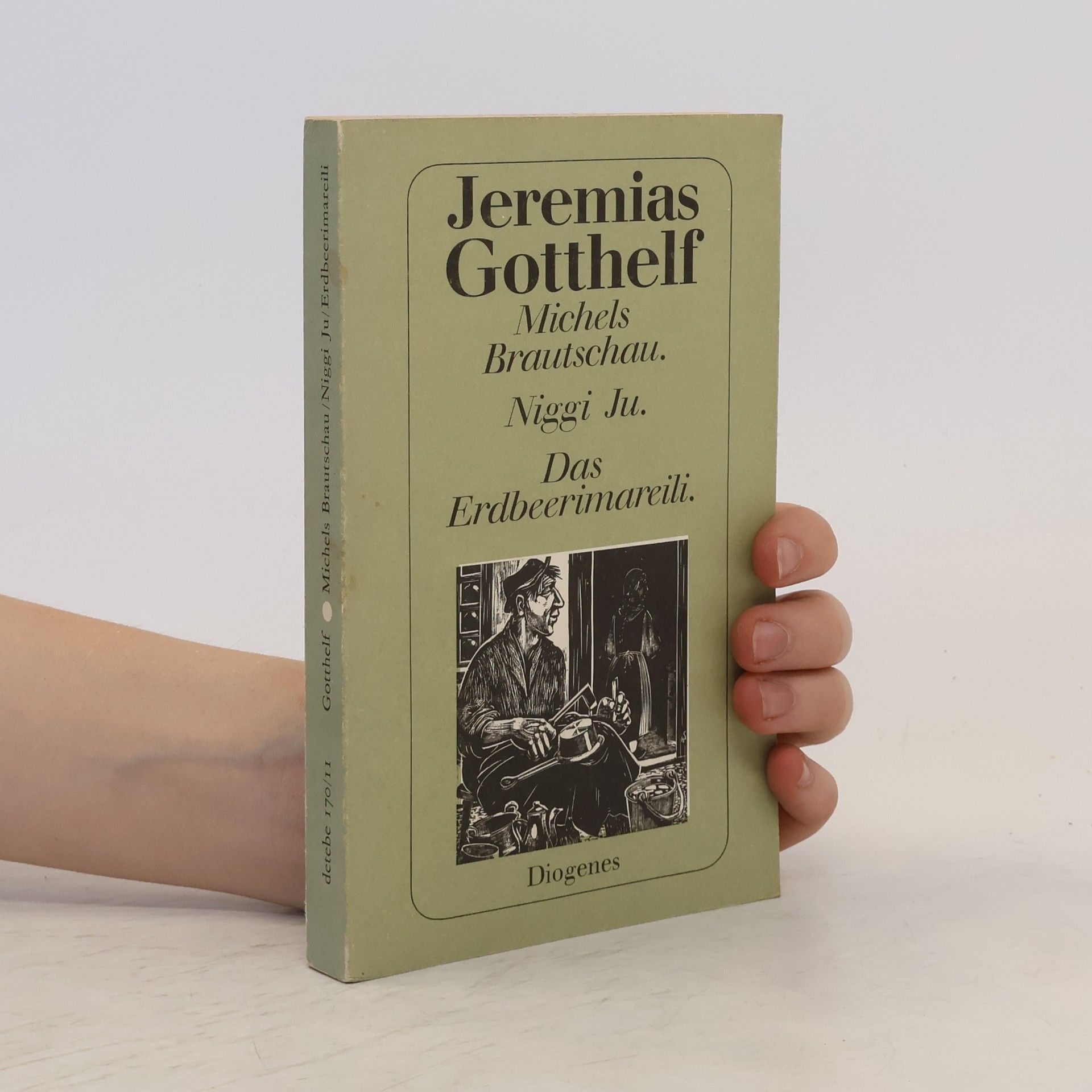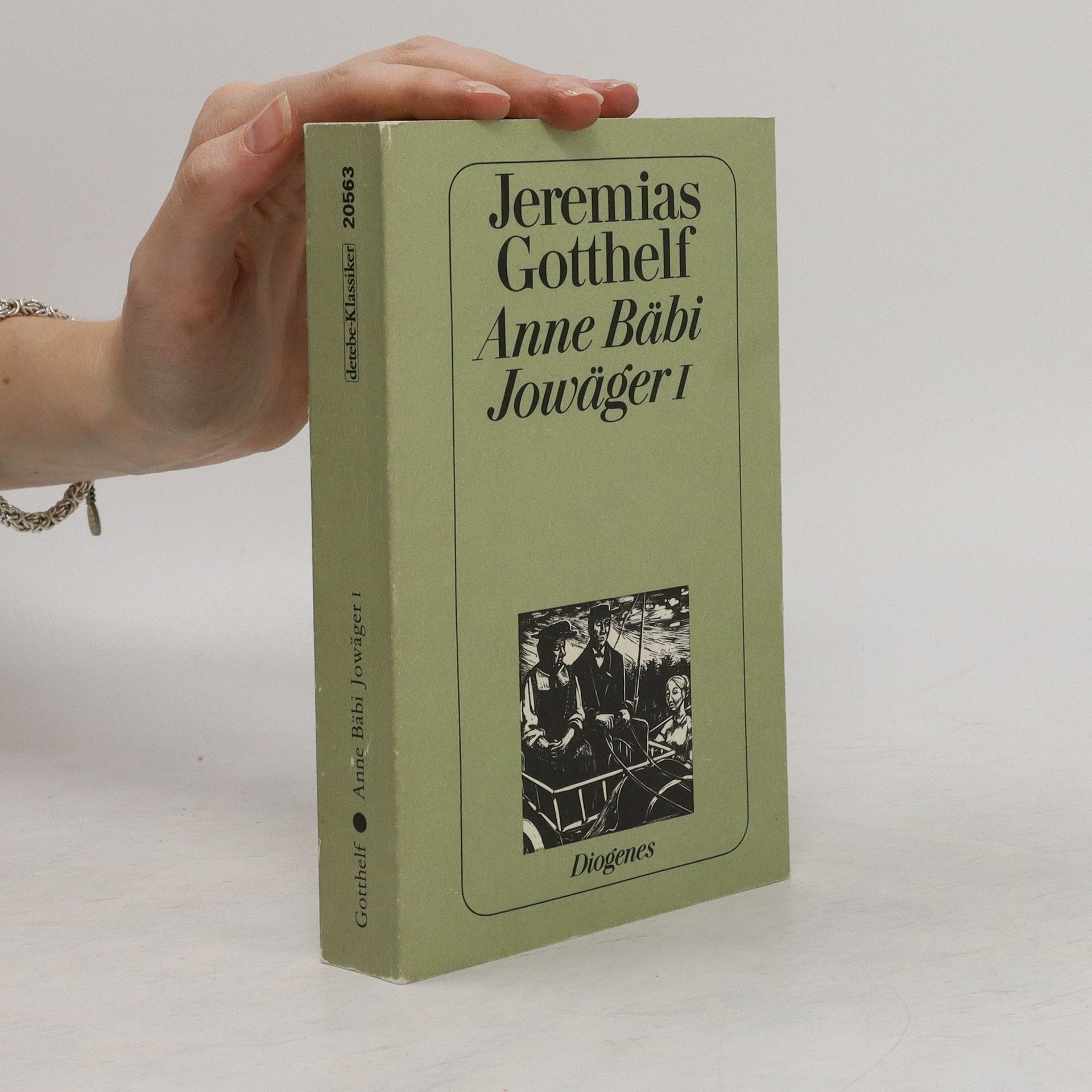Jeremias Gotthelf Libri
Questo autore svizzero, di famiglia pastorale, concentrò la sua scrittura sulle vite della gente comune e delle comunità rurali. Le sue opere, scritte in tedesco con tocchi del dialetto bernese, offrono rappresentazioni realistiche della vita di villaggio senza edulcorarne i difetti. Sebbene abbia iniziato a scrivere in età avanzata, divenne un romanziere prolifico e significativo nel mondo di lingua tedesca, celebrato per la sua voce autentica e la profonda intuizione della natura umana. Le sue opere più notevoli approfondiscono temi di moralità, dinamiche sociali e la lotta dell'individuo contro le avversità e il male.


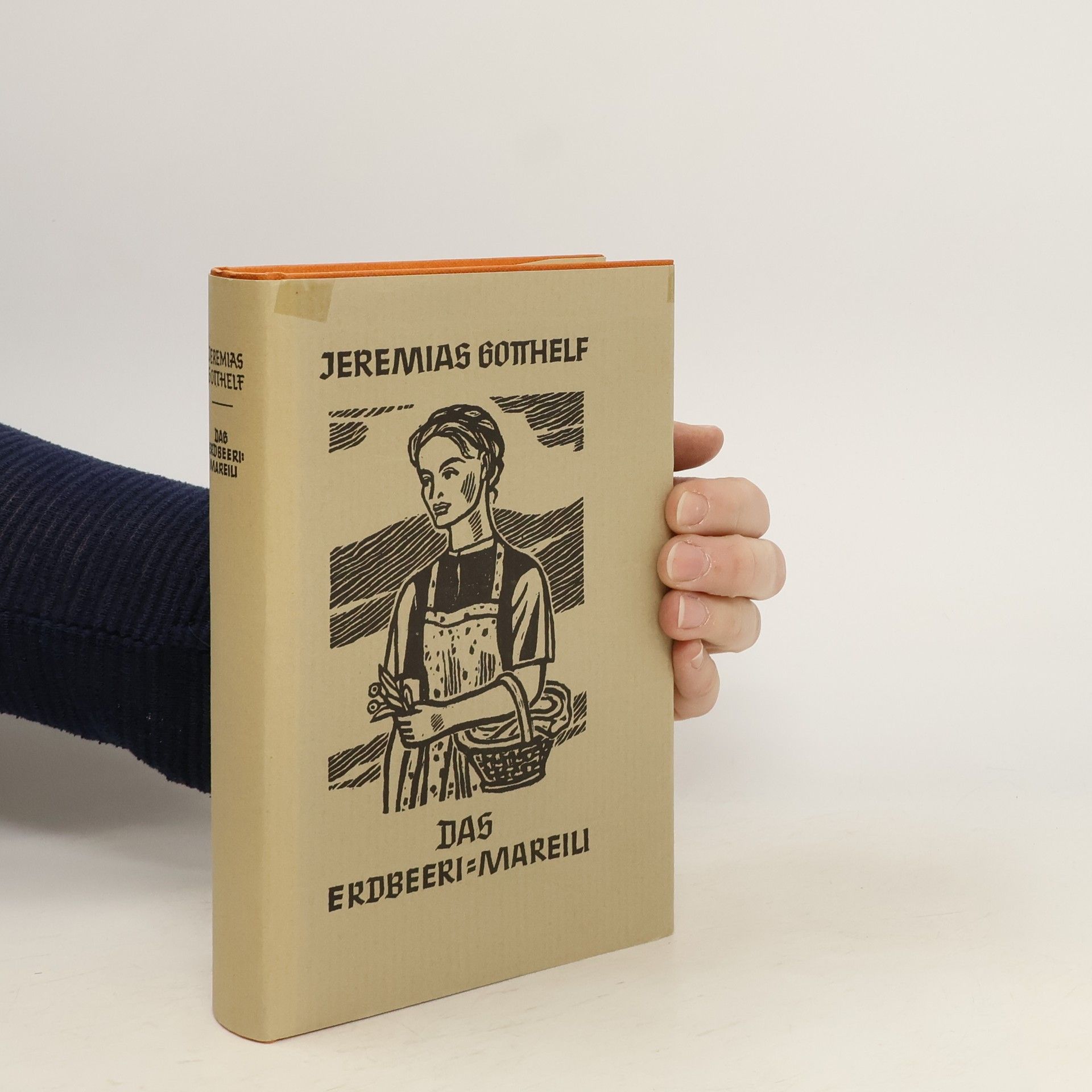
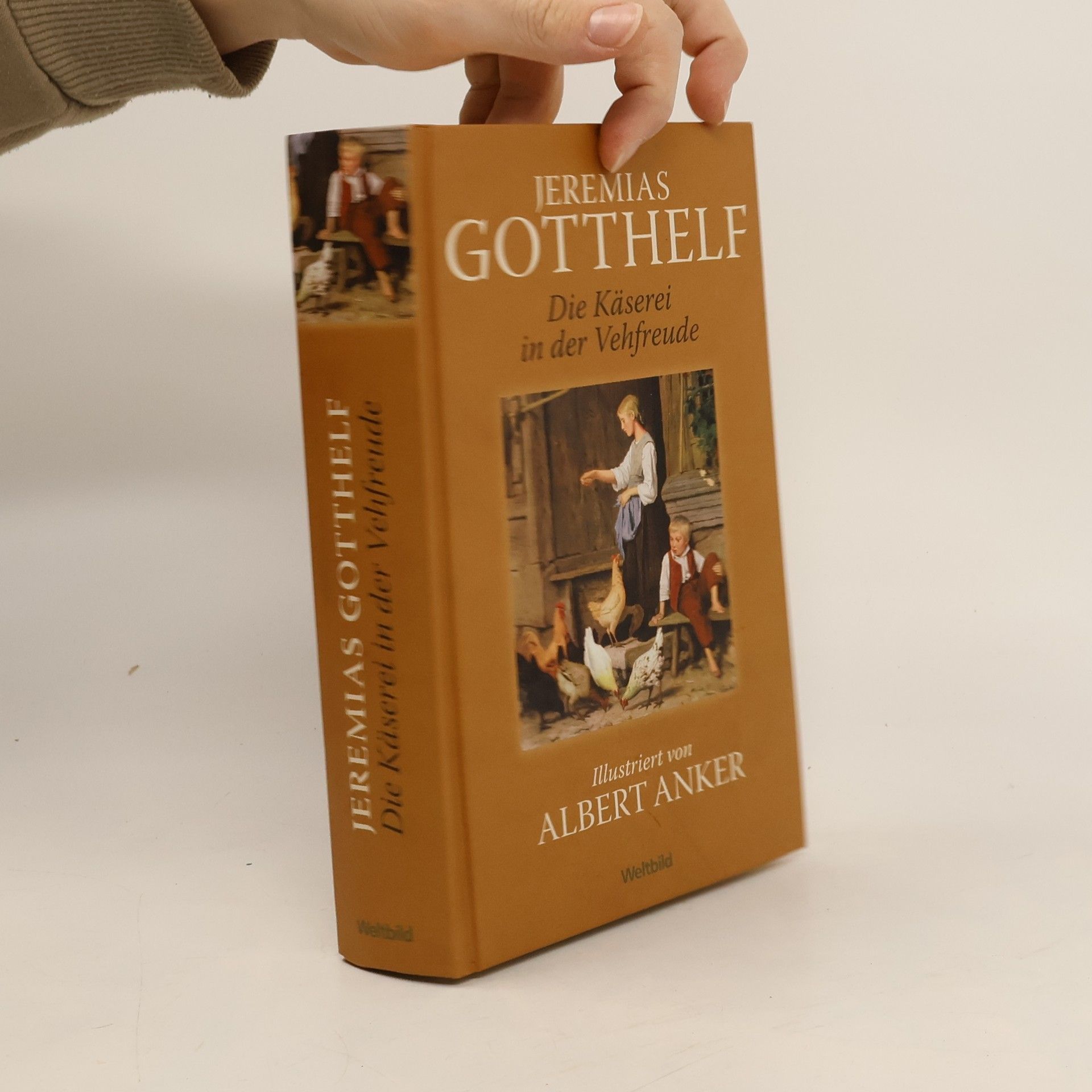
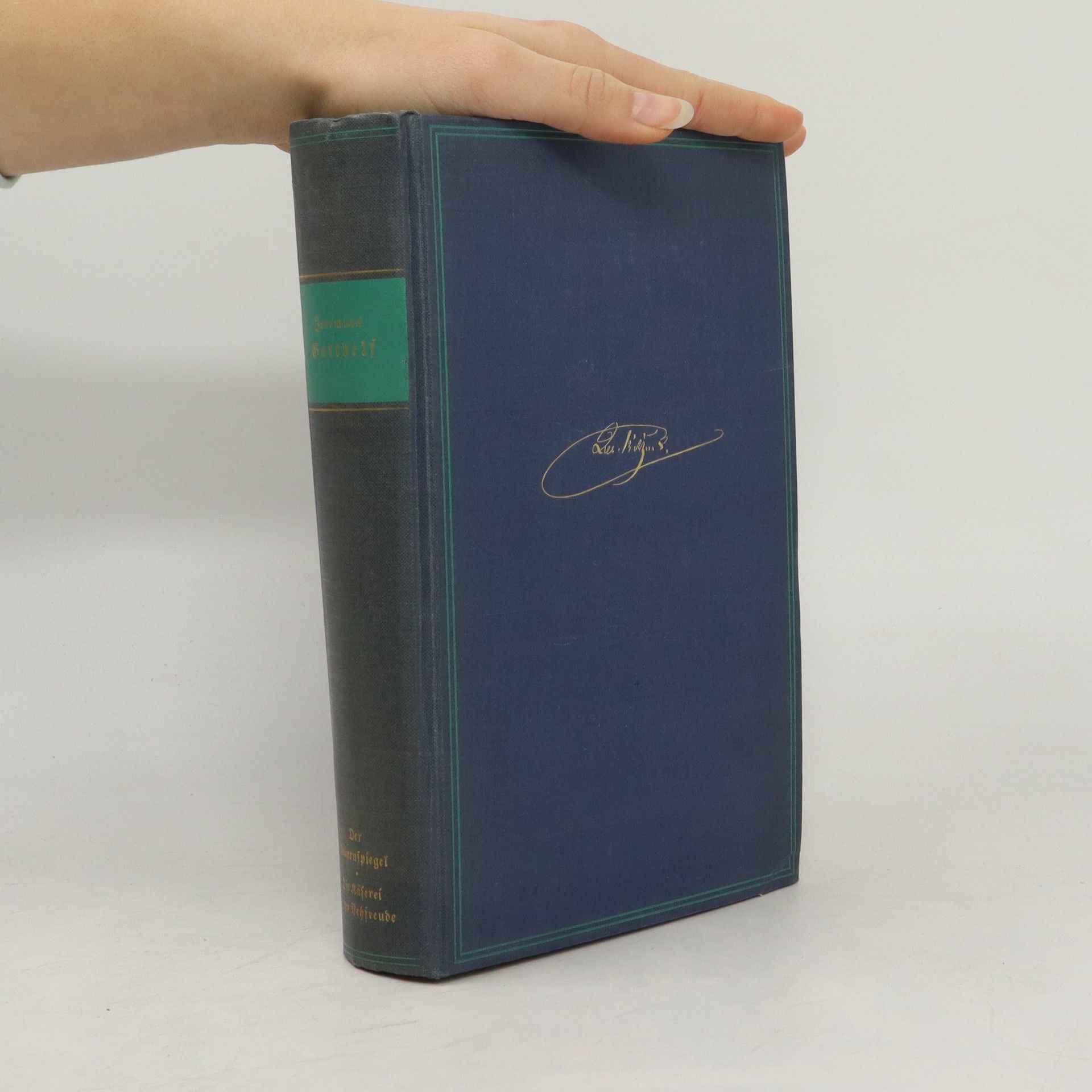


The narrative explores the consequences faced by a morally bankrupt village community after a member breaks a pact with the Devil, leading to a deadly swarm of black spiders. Through a complex structure, the novella offers a sharp critique of the corrupt social dynamics and ethical failures within rural life, serving as a cautionary tale about the repercussions of moral decay.
Der Bauernspiegel oder Lebensgeschichte des Jeremias Gotthelf von ihm selbst beschrieben
- 504pagine
- 18 ore di lettura
Die Bauern in Vehfreude finanzieren lieber eine Käserei als ein Schulhaus, da dies Wohlstand und Fortschritt verspricht. Eine Käsegenossenschaft wird gegründet und ein Senn gewählt, der die Milchwirtschaft leitet. Der Kapitalismus hält Einzug ins Emmental, doch der erwartete Profit bleibt fraglich.
Der Bauernspiegel
- 544pagine
- 20 ore di lettura
Mit dem ›Bauernspiegel‹ wurde aus dem Pfarrer Albert Bitzius der Schriftsteller Jeremias Gotthelf. Mit Zorn und Humor erzählt er in seinem ersten Roman das Leben eines »Verdingkindes«, dessen Weg aus der Knechtschaft es bis ins Paris der Julirevolution führt. Die Schonungslosigkeit, mit der Gotthelf der eigenen Welt – den Bauernfamilien, aber auch den Schulmeistern und Politikern – den Spiegel vorhält, sorgte schon zu Zeiten der Erstveröffentlichung für Aufruhr und hat bis heute nichts an Brisanz und Aktualität verloren.
Michels Brautschau Niggi Ju Das Erdbeeri
- 258pagine
- 10 ore di lettura
Enth.: Die schwarze Spinne; Elsi, die seltsame Magd; Das Erdbeerimareili; Barthli der Korber; Jeremias Gotthelf von Gottfried Keller.
Excerpt from Wie Anne Bâbi Jowâger Haushaltet und wie Es Ihm dem Doktern Geht, Vol. 1Qiis er Drei Sabre ait war, founte er fcbon fagen „qas wait ©onl; im oie/rten Sabre betete er „©peif ©oü; im fünften founte er bereits Das baibe Unferoater und im fecbfien Das gange 25256.About the PublisherForgotten Books publishes hundreds of thousands of rare and classic books. Find more at www.forgottenbooks.comThis book is a reproduction of an important historical work. Forgotten Books uses state-of-the-art technology to digitally reconstruct the work, preserving the original format whilst repairing imperfections present in the aged copy. In rare cases, an imperfection in the original, such as a blemish or missing page, may be replicated in our edition. We do, however, repair the vast majority of imperfections successfully; any imperfections that remain are intentionally left to preserve the state of such historical works.
Erläuterungen
Die schwarze Spinne
Vorwort 1. Autor: Leben und Werk 1.1 Biografie 1.2 Zeitgeschichtlicher Hintergrund 1.3 Angaben und Erläuterungen zu wesentlichen Werken 2. Textanalyse und -interpretation (50% des Inhalts) 2.1 Entstehung und Quellen 2.2 Inhaltsangabe 2.3 Aufbau 2.4 Personenkonstellation und Charakteristiken 2.5 Sachliche und sprachliche Erläuterungen 2.6 Stil und Sprache 2.7 Interpretationsansätze 3. Themen und Aufgaben mit Lösungstipps 4. Rezeptionsgeschichte 5. Materialien Literatur (unter Berücksichtigung neuer Medien)
